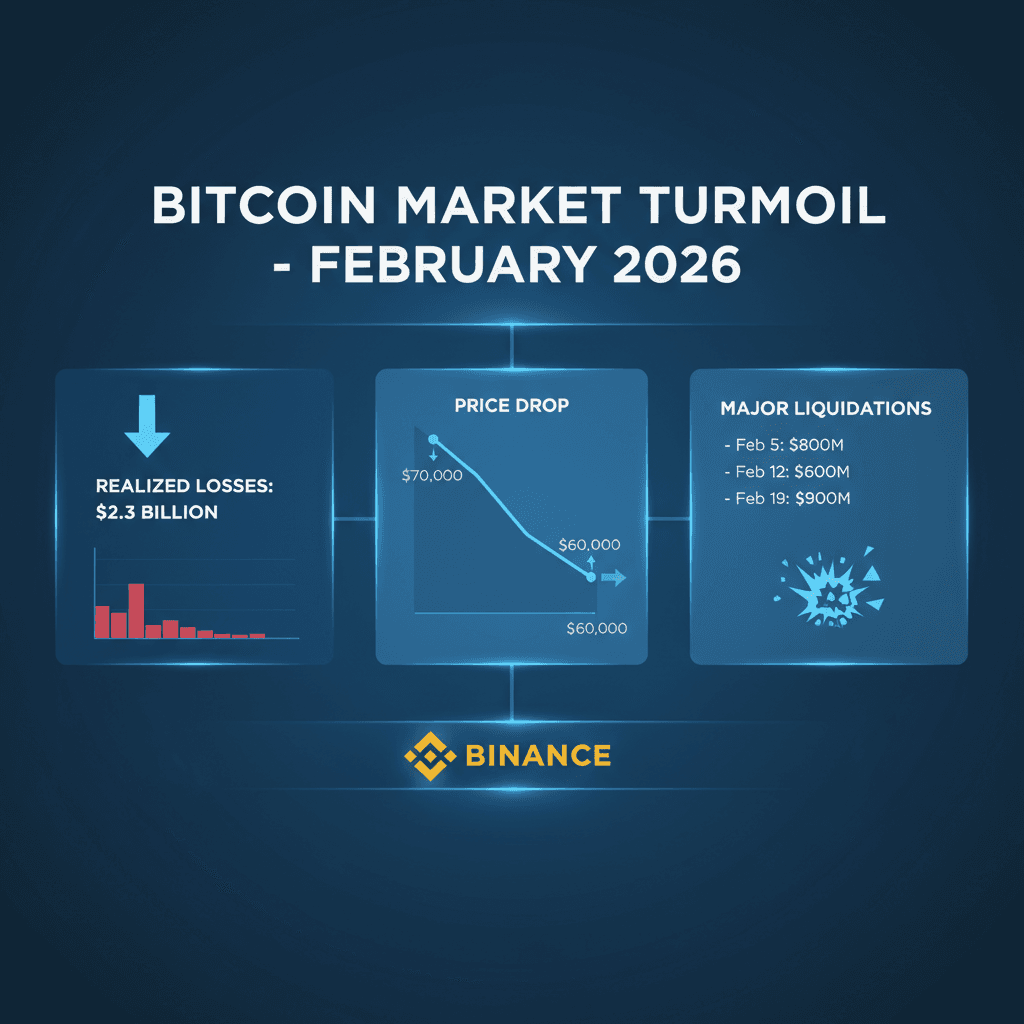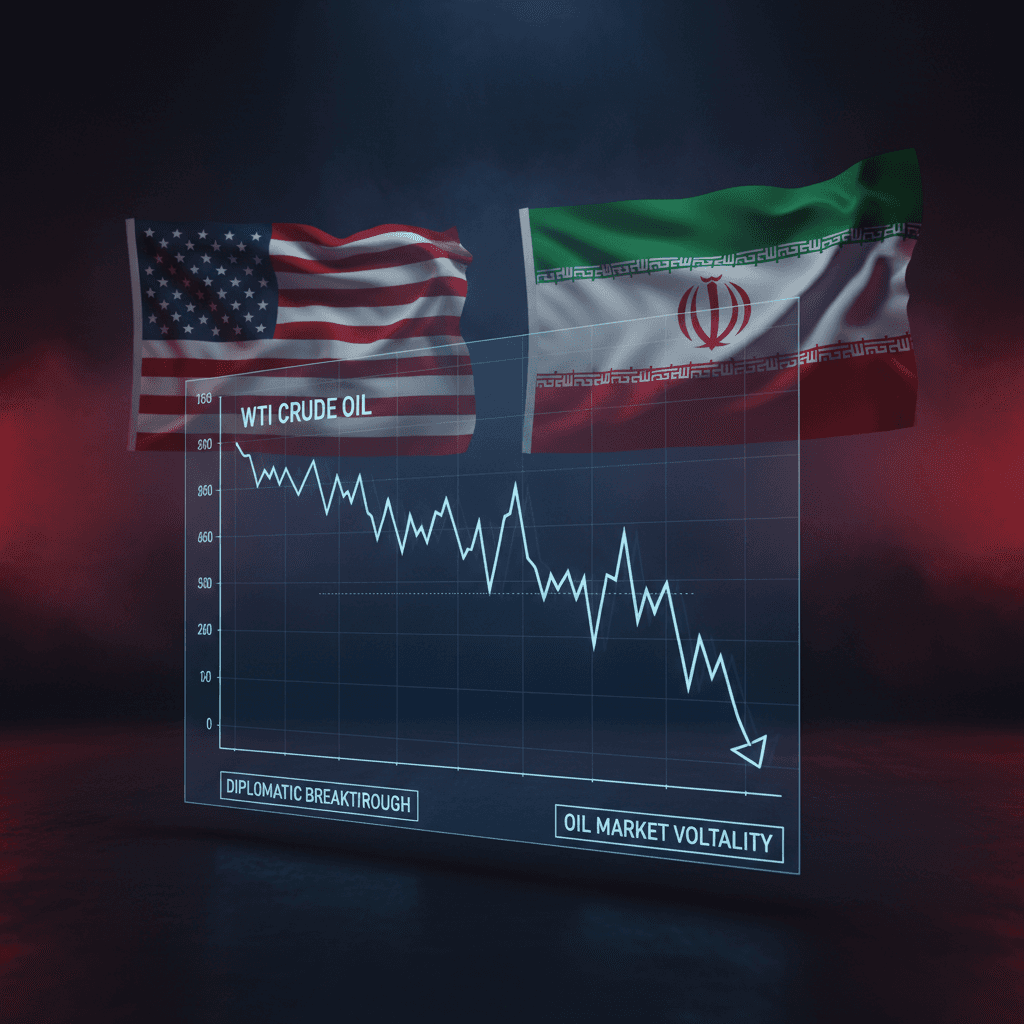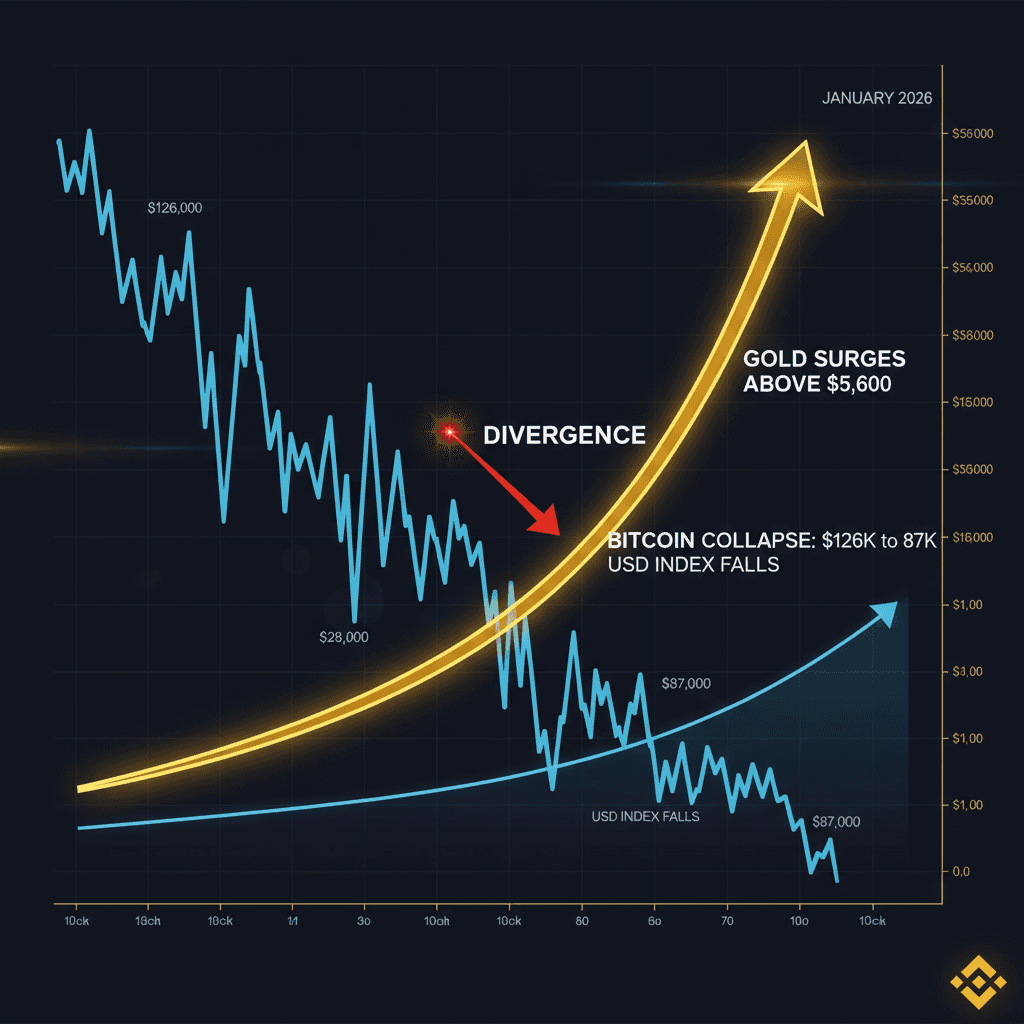Crude Oil Prices Plunge After Israel-Hamas Ceasefire: What It Means for Automated and Copy Traders
News
Oct 12, 2025
3 Min Read
Crude oil prices dropped sharply after the Israel-Hamas ceasefire. Explore the causes, market impact, and what this means for automated and copy traders.
🛢️ Crude Oil Prices Plunge: The October 2025 Shock
Crude oil price volatility returned with a vengeance on October 9, 2025, as global markets digested news of a rare Israel-Hamas ceasefire and surging oil supplies. For traders leveraging automation and copy trading platforms, this event delivered both risk and opportunity. Let’s break down what happened, why it matters, and how copy traders are adapting in real time.
What Triggered the Oil Price Drop?
Israel-Hamas Ceasefire: The truce sharply reduced Middle East supply risk premiums, prompting a swift market reaction.
OPEC+ Production: OPEC+ continued to gradually raise output, adding to global supply concerns.
US Record Output: US crude production hit an all-time high of 13.6 million barrels/day in July, further pressuring prices.
Inventory Builds: US and global crude inventories rose, signaling oversupply.
📉 Key Data & Market Reactions
Metric | Value |
|---|---|
Brent Crude (Oct 9, 2025) | $66.77/bbl |
WTI Crude (Oct 9, 2025) | $61.00/bbl |
1-Week Change | -7.2% |
EIA 2025 Q4 Forecast | $59.00/bbl |
EIA Early 2026 Forecast | $49.00/bbl |
Market sentiment shifted rapidly, with traders unwinding long positions and risk assets. The Energy Select Sector SPDR Fund (XLE) fell 3.8% on the day, while oil volatility spiked to its highest level since March.

Why Did This Happen? The Deep Dive
Geopolitical Relief: The Israel-Hamas ceasefire calmed fears of a wider regional conflict, slashing the risk premium built into oil prices.
Supply Outpaces Demand: OPEC+ and US output increases outstripped tepid global demand, especially as economic growth forecasts softened.
Inventory Surges: US and global stockpiles rose, confirming oversupply fears and pushing prices lower.
Bearish Technicals: Moving averages and momentum indicators turned negative, accelerating algorithmic selling.
🚦 What This Means for Automated and Copy Traders
For traders using automation and copy trading tools, the oil price plunge is a double-edged sword. Here’s how the landscape is shifting:
Risk Management in Focus: Over 68% of top Copygram traders deployed new stop-loss strategies or reduced leverage on oil trades this week.
Copy Trading Trends: There was a 19% increase in copied trades targeting short oil positions or hedging with energy sector ETFs.
Algorithmic Adjustments: Many automated systems recalibrated to follow the bearish trend, with some switching to mean-reversion strategies as volatility spiked.
Diversification: Copy traders shifted allocations, with 27% adding natural gas or renewables exposure to hedge oil volatility.
📊 Unique Platform Insights
On Copygram, oil-related signals became the most actively copied commodity this week, surpassing gold for the first time in 2025. Platform analytics revealed:
Average trade duration for oil shorts increased by 22% as traders rode the momentum.
Risk-adjusted returns for oil copy strategies rose 14% week-over-week.
AI-driven dashboards flagged a surge in diversification trades, with copy traders seeking to balance risk across energy assets.

Expert Opinions & Technical Analysis
Goldman Sachs: Warns that oil could remain under pressure if OPEC+ and US output stay elevated, but sees upside risk if Middle East tensions flare again.
US EIA: Projects Brent to average $59/bbl in Q4 2025 and fall to $49 by early 2026, citing persistent oversupply.
JP Morgan: Advises traders to watch for technical bounces and use trailing stops to capture volatility-driven gains.
🛠️ Strategies for Copy Traders
Follow Top Oil Traders: Use platform analytics to identify and copy traders with a proven track record in energy markets.
Dynamic Risk Controls: Set adaptive stop-losses and consider partial profit-taking as volatility persists.
Diversify Energy Exposure: Balance oil trades with positions in natural gas, renewables, or broad commodities ETFs.
Leverage AI Insights: Monitor AI-driven dashboards for emerging trends and sentiment shifts in oil and energy markets.
FAQ
Why did crude oil prices fall sharply on October 9, 2025?
The drop was driven by the Israel-Hamas ceasefire, rising OPEC+ and US output, and growing global inventories, which together eased supply fears and triggered a wave of selling.
How are automated and copy traders responding?
They’re deploying tighter risk controls, copying more short/hedged trades, and diversifying into other energy assets to manage volatility.
What unique trends are emerging on Copygram?
Oil signals became the most copied commodity, with increased trade duration and risk-adjusted returns as traders adapt to new market dynamics.
References

Julian Vance
Julian Vance is a quantitative strategist focused on algorithmic trading in crypto and futures. His work is dedicated to exploring how traders can leverage technology and data to gain a competitive edge.
Join our newsletter list
Sign up to get the most recent blog articles in your email every week.









